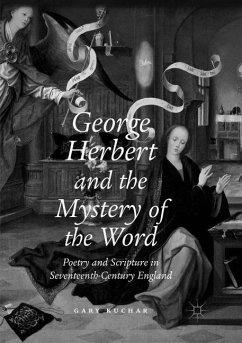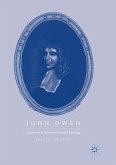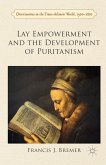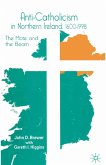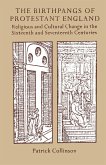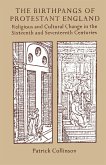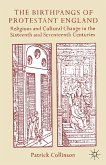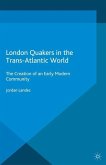This book presents a historically and critically nuanced study of George Herbert's biblical poetics. Situating Herbert's work in the context of shifting ideas of biblical mystery, Gary Kuchar shows how Herbert negotiated two competing impulses within post-reformation thought-two contrary aspects of reformation spirituality as he inherited it: the impulse to certainty, assurance, and security and the impulse to mystery, wonder, and wise ignorance. Through subtle and richly contextualized readings, Kuchar places Herbert within a trans-historical tradition of biblical interpretation while also locating him firmly within the context of the early Stuart church. The result is a wide ranging book that is sure to be of interest to students and scholars across several different fields, including seventeenth-century studies, poetry and the bible, and literature and theology.
"Kuchar does put unique voices into dialogue with the Herbert corpus and his exploration of the interplay between dogmatic and mystical Christianity offers a fruitful jumping-off point for future studies. ... Herbert scholars and scholars of seventeenth-century religious culture will certainly find considerable value in this work." (Brad Pickens, Anglican Theological Review, Vol. 102 (1), 2020)
"George Herbert and the Mystery of the Word makes a welcome turn in cultural studies, successfully reinstating a category and a mode of reading ... the theological and phenomenological peripheries offered will make this text valuable to read for all who study Herbert's poetry." (Jonathan Nauman, Seventeenth-Century News, Vol. 77 (1 - 2), 2019)
"This is a book rife with gems of conceptual, interpretive, and historical insight. ... it is a valuable rethinking of the complexity of the English Reformation, as well as a welcome broadening of our understanding of what literary responses to doctrinal matters can entail." (Ryan Netzley, Journal of British Studies, Vol. 57 (4), October, 2018)
"The diverse scope of the book, ranging from reformation theology and biblical exegesis to natural philosophy and critical theory, makes it of interest not only to graduate students and academics working on Herbert, but to anyone interested in the philosophical debates of biblical reception and interpretation in the sixteenth and seventeenth centuries. ... George Herbert and the Mystery of the Word is a striking piece of scholarship, expertly written, and wide-ranging in its implications for Herbert studies ... ." (Naya Tsentourou, Modern Language Review, Vol.113 (2), April, 2018)
"An essential inclusion on any Herbert bibliography ... . The ultimate payoff of George Herbert and the Mystery of the Word is not just a deep sense of Herbert's commitment to mystery, but the realization that this may be a root cause of the blossoming of seventeenth-century religious poetry. ... I will be rereading and thinking about this impressive book for some time, as I'm sure will anyone else interested in Herbert, seventeenth-century English religious literature, or seventeenth-century religion more broadly." (Hannibal Hamlin, George Herbert Journal, Vol. 40 (1+2), Fall 2016/ Spring 2017)
"George Herbert and the Mystery of the Word makes a welcome turn in cultural studies, successfully reinstating a category and a mode of reading ... the theological and phenomenological peripheries offered will make this text valuable to read for all who study Herbert's poetry." (Jonathan Nauman, Seventeenth-Century News, Vol. 77 (1 - 2), 2019)
"This is a book rife with gems of conceptual, interpretive, and historical insight. ... it is a valuable rethinking of the complexity of the English Reformation, as well as a welcome broadening of our understanding of what literary responses to doctrinal matters can entail." (Ryan Netzley, Journal of British Studies, Vol. 57 (4), October, 2018)
"The diverse scope of the book, ranging from reformation theology and biblical exegesis to natural philosophy and critical theory, makes it of interest not only to graduate students and academics working on Herbert, but to anyone interested in the philosophical debates of biblical reception and interpretation in the sixteenth and seventeenth centuries. ... George Herbert and the Mystery of the Word is a striking piece of scholarship, expertly written, and wide-ranging in its implications for Herbert studies ... ." (Naya Tsentourou, Modern Language Review, Vol.113 (2), April, 2018)
"An essential inclusion on any Herbert bibliography ... . The ultimate payoff of George Herbert and the Mystery of the Word is not just a deep sense of Herbert's commitment to mystery, but the realization that this may be a root cause of the blossoming of seventeenth-century religious poetry. ... I will be rereading and thinking about this impressive book for some time, as I'm sure will anyone else interested in Herbert, seventeenth-century English religious literature, or seventeenth-century religion more broadly." (Hannibal Hamlin, George Herbert Journal, Vol. 40 (1+2), Fall 2016/ Spring 2017)

